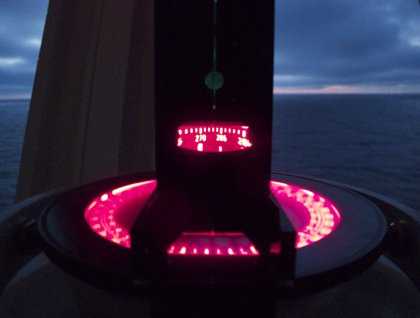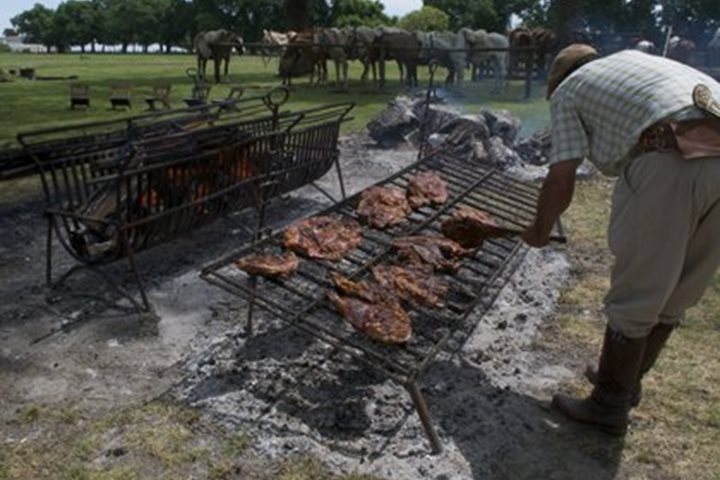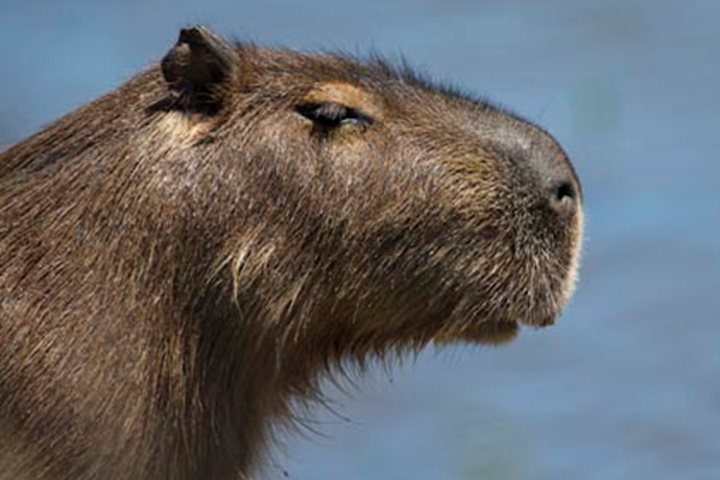Today was a restful day at sea after a final but rewarding day in Brazil. Our next port of call is Montevideo, capital of Uruguay, one of the smallest nation states in South America, created as a buffer state between the two rival powers of Brazil to the north and Argentina to the south. Montevideo and indeed Uruguay itself are situated on the north bank of Rio de la Plata, known by English-speakers as the River Plate, an historic frontier of enormous strategic significance. The huge estuary of the Parana and Uruguay rivers opens out broadly into the Atlantic. In the Age of Exploration it invited the Spanish explorers to nose in search of a navigable route to the silk and spice lands of Cathay. As with other promising inlets along this coast, that particular dream was soon dashed but in the case of this particular inlet an inland route beckoned that was to enable the silver of the Potosi mine to be exported back to Spain ushering in the inflation-racked Siglo Doro, that was simultaneously the making and breaking of the Spanish maritime empire. From the times of the first European settlers to the outbreak of the Second World War, when the German cruiser Admiral Graf Spee was captured then scuttled off the coast of Montevideo, this has strategic historic frontier zone has been a conflicted one.
English influence has added an additional layer to the cultural mix. In the 1830s, HMSS Beagle under the command of Captain Robert FitzRoy, with the young Charles Darwin on board, spent many weeks here surveying the difficult but profitable waters of the River Plate, producing charts that are still in use today. The English returned to trade in agricultural produce as barbed wire, tinning, and then refrigeration gave rise to settled business community whose legacy is soccer and rugby football, polo and afternoon tea, the latter through some quirk of time known as once, the time when the English took their morning coffee. Our afternoon tea on board was scheduled in the laundry, of all places, a chance for guests to see an important part of the ship usually off limits to them, with every available surface covered in delicacies.
At times during the day poor visibility had us sounding the fog horn, a sign that we had entered the cooler waters of the Malvinas/ Falklands current that are also busy shipping lanes. In the late afternoon, however, the skies cleared to provide brilliant visibility. As dinner drew to a close, a few aficionados of the green flash gathered eagerly on the bow in eager anticipation.








